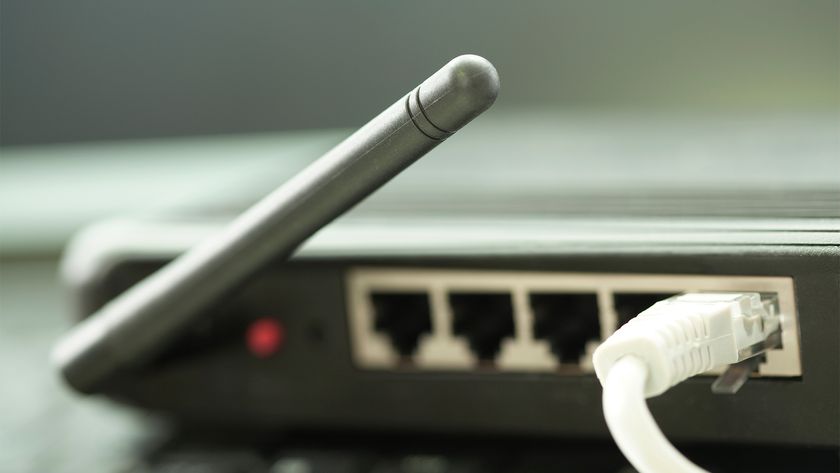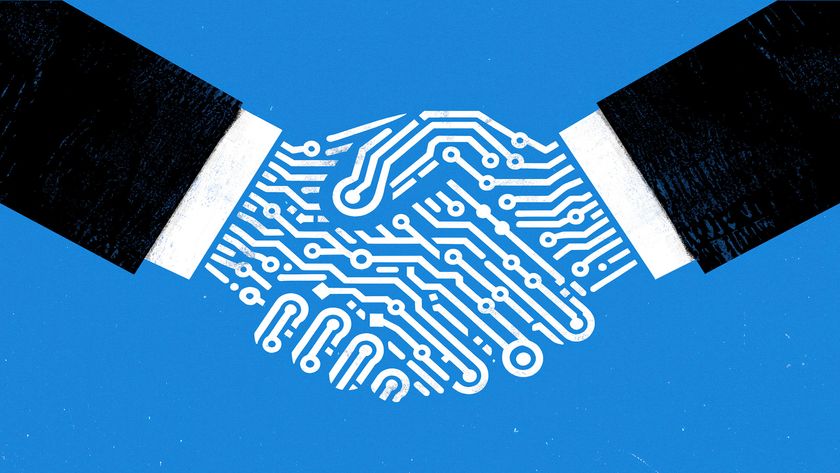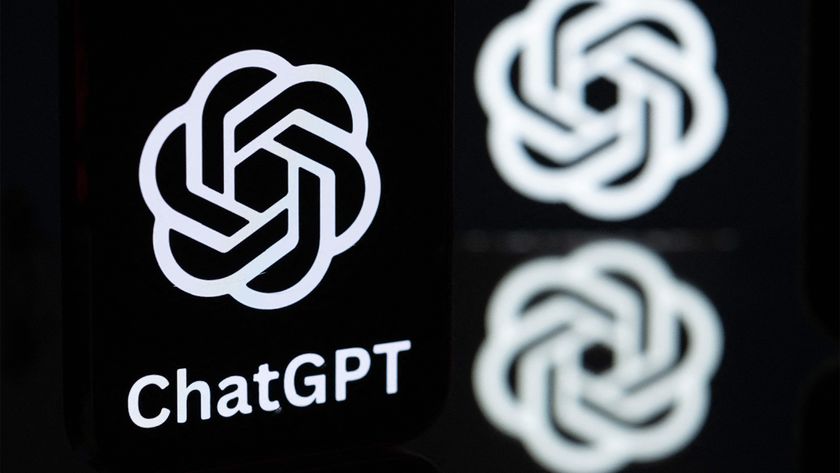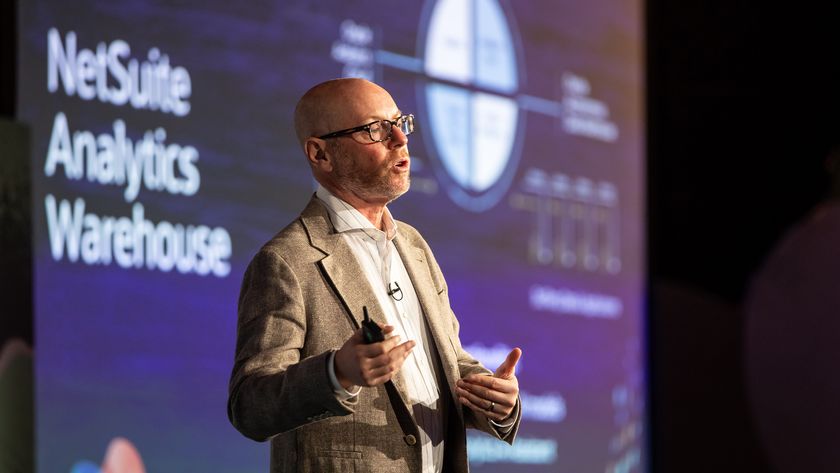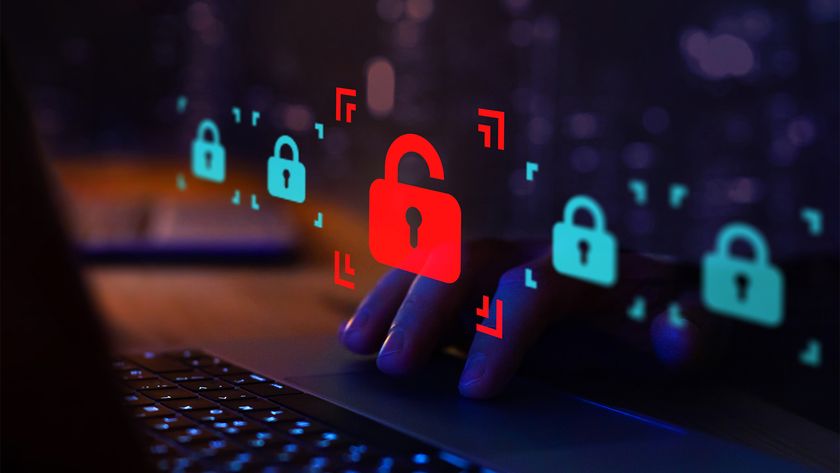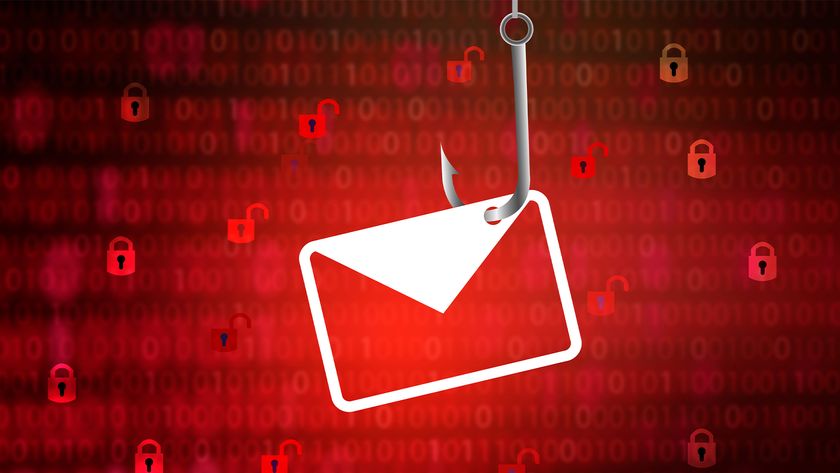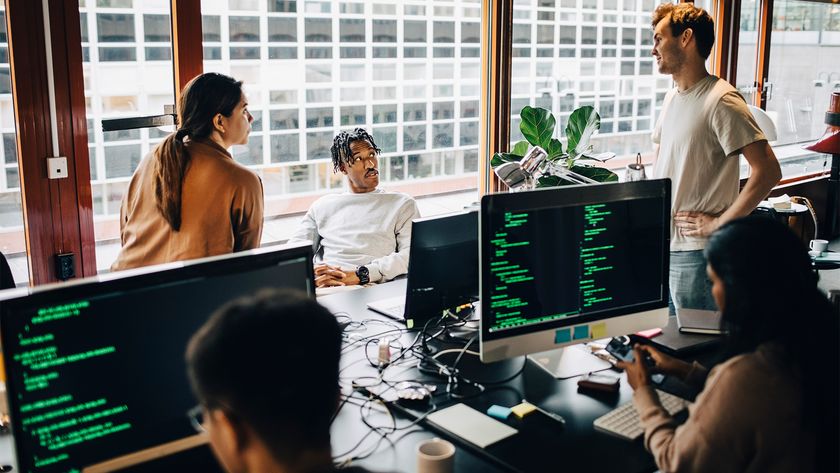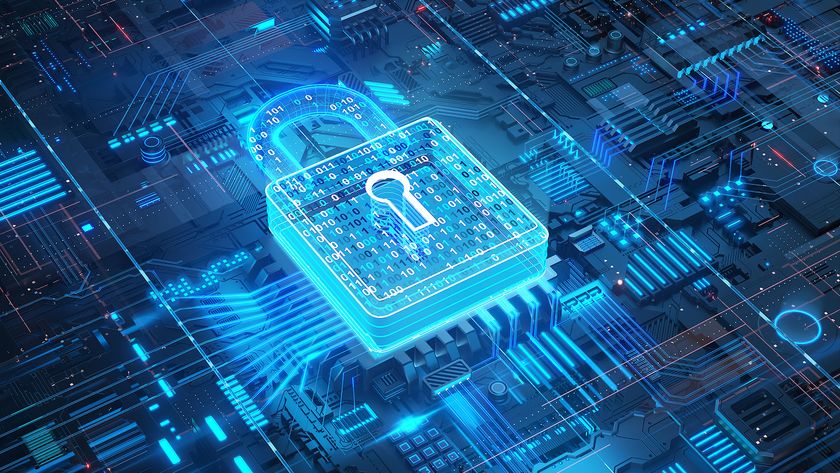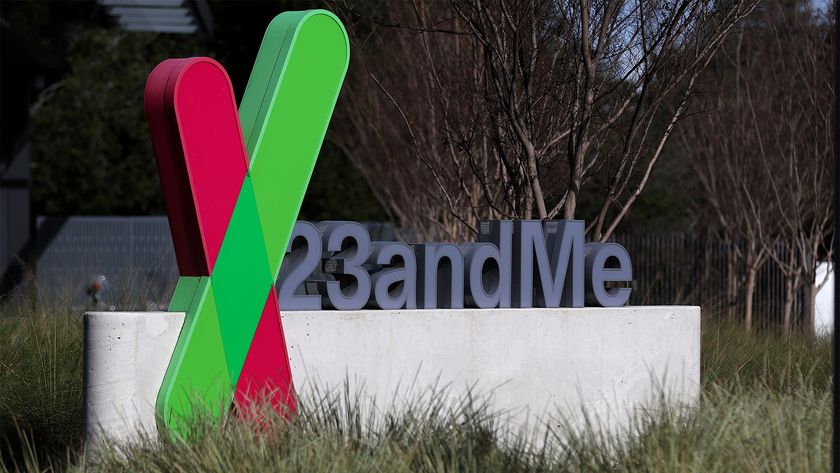Saving lives with videoconferencing
We look at an IT project in Lancashire and Cumbria which could save stroke victims' lives, all thanks to videoconferencing.
The whole process has not been completely devoid of issues, however. Although Dr Roberts said he had not experienced any significant problems in terms of working the machines, it appears there were some broken promises at the start of the initiative.
"Originally we were told we'd be able to use the laptop wherever there was Wi-Fi," Dr Robertson said. "In theory maybe that will come in the future, but I guess as they were developing it they thought they would just install it in a consultant's home."
As any IT director knows, no project, especially one as significant as this, ever comes off without a glitch or two.
The future of medicine?
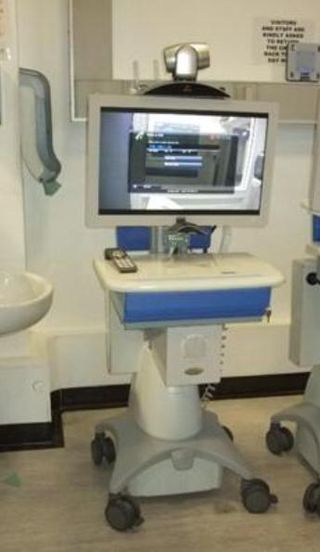
"In areas where it's difficult to get the doctor to the patient, where there's a big geographical spread of population, then you could do consultations," Dr Roberts suggested. "Obviously when you're taking a history it's better if you can see the patient and they can see you. You can pick up the subtle facial expressions."
Taking it down to a smaller level, such technology could help with diagnosis of simpler, less life-threatening conditions, such as a rash. "I'm sure when people learn more about it they'll think of all sorts of things," Dr Roberts added.
Indeed, this could well be the future of general practice - a life saver for doctors and patients alike.
Get the ITPro. daily newsletter
Sign up today and you will receive a free copy of our Focus Report 2025 - the leading guidance on AI, cybersecurity and other IT challenges as per 700+ senior executives
Tom Brewster is currently an associate editor at Forbes and an award-winning journalist who covers cyber security, surveillance, and privacy. Starting his career at ITPro as a staff writer and working up to a senior staff writer role, Tom has been covering the tech industry for more than ten years and is considered one of the leading journalists in his specialism.
He is a proud alum of the University of Sheffield where he secured an undergraduate degree in English Literature before undertaking a certification from General Assembly in web development.

